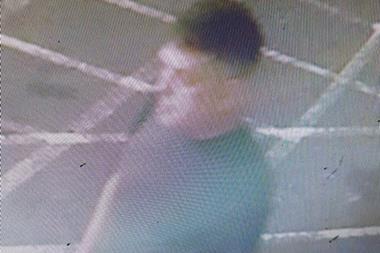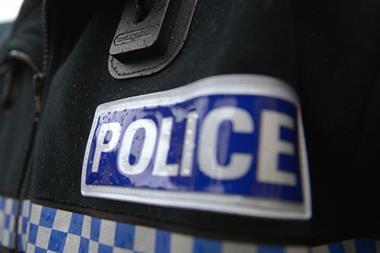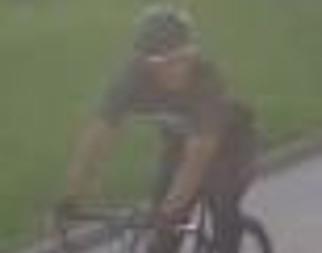An illegal tobacco processing factory has been discovered at an industrial unit in Bishop’s Waltham, Hampshire.
Officers from HM Revenue and Customs (HMRC) raided the tobacco factory on Wednesday 19 November where they found about a tonne of tobacco, along with counterfeit tobacco pouches, duty labels and processing machinery.
The factory was discovered after HMRC investigators arrested two men at a Warwickshire Police-led road check at Warwick Services on the M40 on 17 November, where a van containing around half a tonne of processed tobacco was found.
The two men, a 36-year-old man from Portsmouth and a 28-year-old man from Glasgow, were arrested on suspicion of being involved in the fraudulent evasion of excise duty. They have been released on bail and investigations are continuing.
The seized tobacco could have filled 30,000 standard 50g tobacco pouches. The duty evaded is around £300,000. Samples of the tobacco will be analysed and the rest will be destroyed to fuel the National Grid.
John Cooper, assistant director, criminal investigation, HMRC said: “Working closely with our partners at Warwickshire Police and the Driver and Vehicle Standards Agency, we have uncovered and closed down an illegal tobacco processing operation.
Disrupting criminal trade is at the heart of our strategy to clampdown on the illicit tobacco market, which costs the UK around £2.1bn a year in lost revenue. This is theft from the taxpayer and undermines legitimate traders. Anyone with information about the illegal production or sale of tobacco should contact the Customs Hotline on 0800 595000.”
Police sergeant Bell of Warwickshire Police, who led the road safety operation, said: “This operation highlights the importance of our continued partnership with HMRC and DVSA to help stamp out organised crime. The sale and supply of illicit tobacco is a serious criminal offence, the profits of which often help to fund the activities of many criminal gangs. We carry out road operations regularly to reduce the risks to drivers, other road users, the public and the emergency services. Taking part in operations such as this are an excellent way to educate drivers and where necessary use enforcement.”






























No comments yet